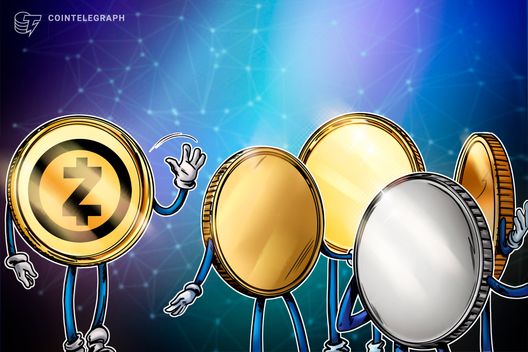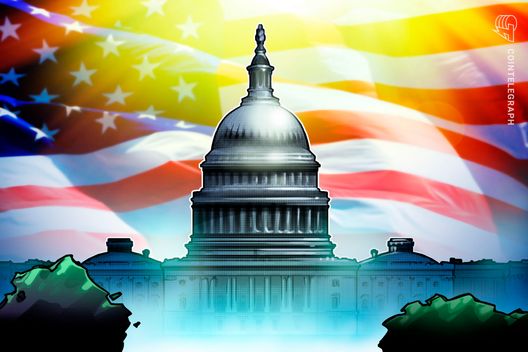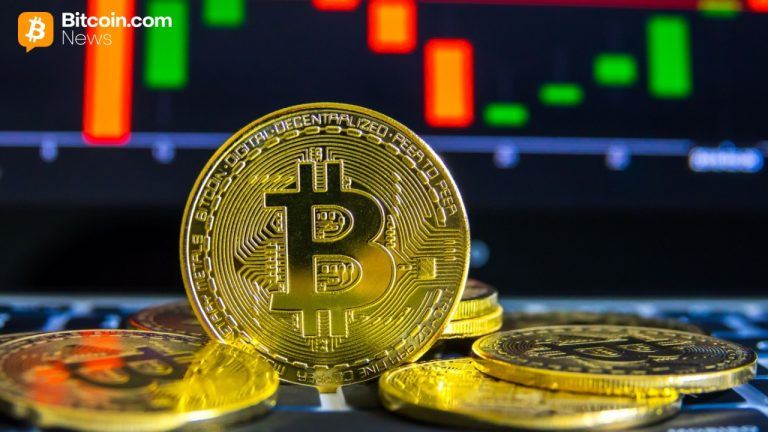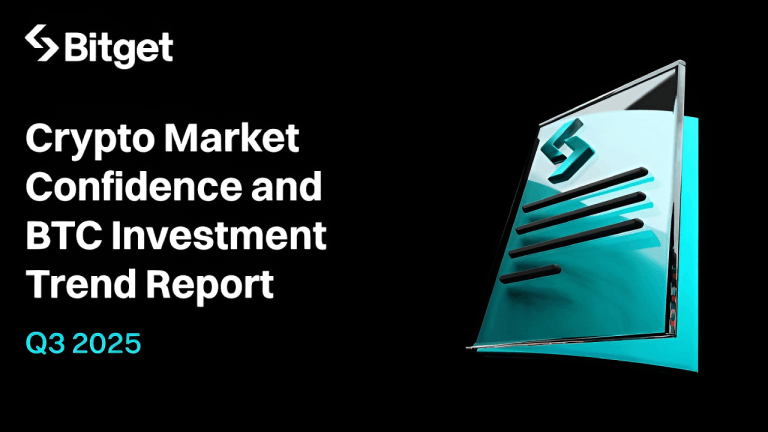India proposes AI-powered conversational payments system: RBI
2 min read
The Reserve Bank of India (RBI), the country’s central bank, has published a press release that floated the idea of using artificial intelligence (AI) on conversational payments in the unified payments interface (UPI), which is an instant payment system developed in India.
Very Big Developments on UPI by RBI
• NFC (Tap & Pay) Based Payments with UPI
• UPI Conversational Payments using AI
• UPI Lite Limit Raised from ₹200 to ₹500
India is Probably Witnessing the Biggest Revolution in FinTech & Digital Payments
— Ravisutanjani (@Ravisutanjani) August 10, 2023
On Aug. 10, the RBI recognized that UPI has transformed digital payments in India, citing its ease of usage, safety and security. The central bank also noted that adding new features allowed the platform to cater to the diverse needs of the country’s economy. As technology progresses further, the RBI said that there’s a potential in developing an AI-powered system that will initiate and complete transactions through a conversation. The RBI wrote:
“As artificial intelligence (AI) is becoming increasingly integrated into the digital economy, conversational instructions hold immense potential in enhancing ease of use, and consequently reach, of the UPI system.”
According to the announcement, the system will be made available in smartphones and feature phone-based UPI channels. The RBI believes that this will help deepen digital penetration within the country.
As for its language support, it will initially be available in Hindi and English and will be updated to include support for more Indian languages in the future.
Related: ChatGPT and Claude are ‘becoming capable of tackling real-world missions,’ say scientists
While AI definitely has massive potential for good, it can also bring many risks and challenges along with it. On Aug. 9, Binance CEO Changpeng Zhao pointed out how AI is starting to create risks from a “video verification” perspective after seeing the quality of an AI-powered avatar that’s very similar to a real person.
Similarly, the music industry has shown that AI-generated voices can sound the same as popular musicians. Because of this, Universal Music Group and Google have reportedly started talks about licensing melodies and vocal tracks of artists to be used in AI-generated songs.
Magazine: AI Eye: AI’s trained on AI content go MAD, is Threads a loss leader for AI data?





